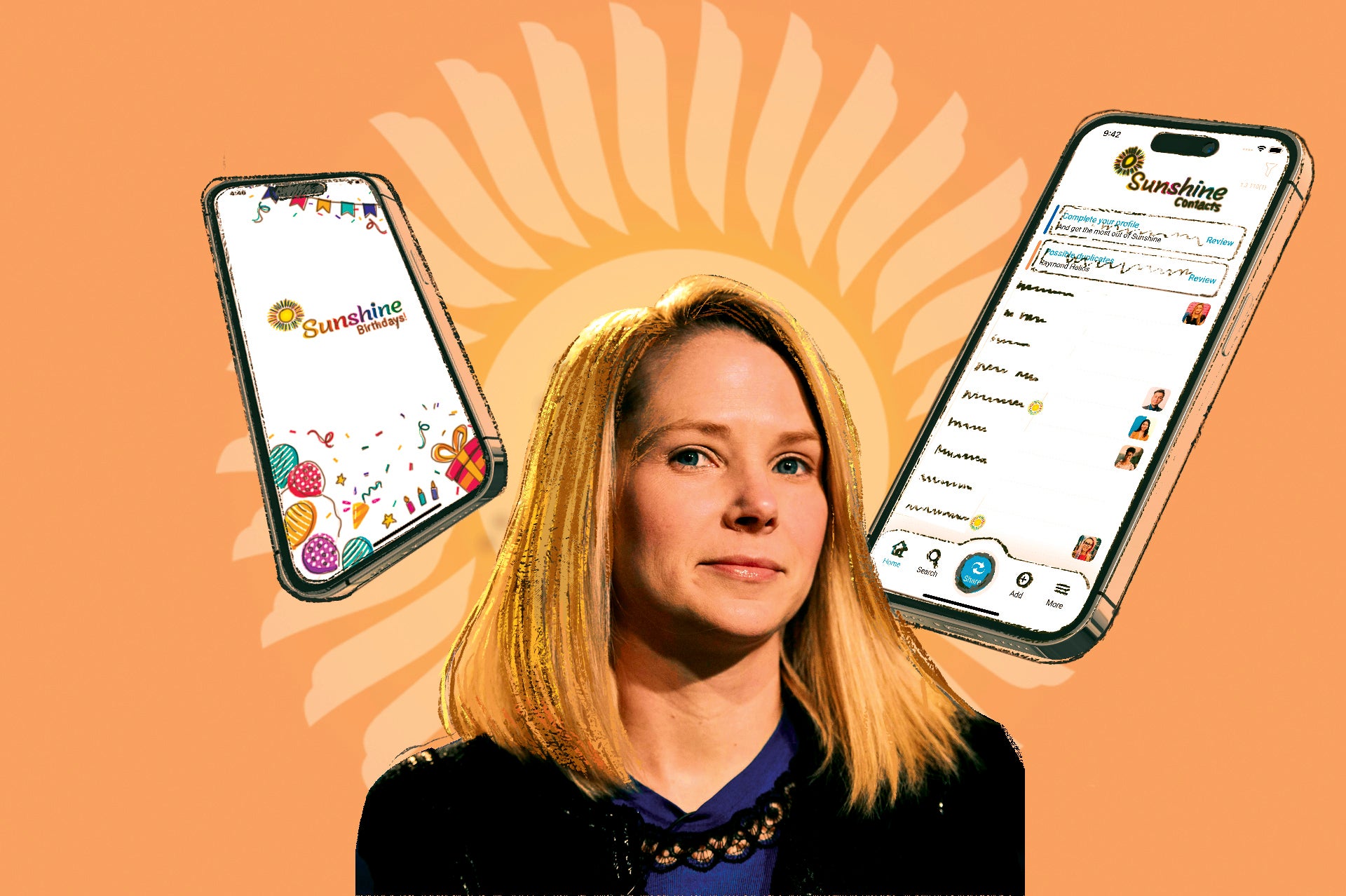Ex-Yahoo CEO Marissa Mayer discusses the current tech scene from vantage point of her AI startup
Marissa Mayer has long been an inspiration for innovative women battling to break through the gender barriers in the male-dominated technology industry

Marissa Mayer has long been an inspiration for innovative women battling to break through the gender barriers in a male-dominated technology industry.
After graduating from Stanford University, Mayer joined Google in 1999 when the internet search giant was still a startup and then went on to design breakthrough products such as Gmail. She left Google in 2012 to become CEO of Yahoo in an unsuccessful effort to turn around the fading internet pioneer. But Mayer still managed to triple Yahoo's stock price and create more than $30 billion in shareholder wealth before selling company's online operations to Verizon Communications in 2017.
Mayer, 48, now runs an artificial intelligence startup called Sunshine with Enrique Muñoz Torres — a former colleague at Google and Yahoo — from a Palo Alto, California, office that served as Facebook's first headquarters in Silicon Valley. She recently sat down for an interview with The Associated Press.
Q: Sunshine is using AI to manage contacts on a mobile app. Isn't that a relatively simple task for a sophisticated technology?
A: Our thesis for the company is there are just a lot of mundane tasks that just get in the way. It's true for a lot of things: contacts, calendaring, scheduling, all those different components take a lot of friction. We think by applying AI – not even necessarily in cutting edge ways — you can both solve valuable problems and you can give people back time. You can also build their confidence in AI.
Q: So how does the Sunshine app work and since it's free, how are you going to make money?
A: After you install it on your iPhone or your Android phone, we look at your contacts. Then you can hook it up to your email and we go through to see if we can recognize the signature blocks and who you correspond with many times back and forth. If it looks like you are actually engaging in conversations, we will add that person to your contacts. If you like the way we are handling your contacts, for a monthly fee of $4.99, we can go to places like LinkedIn and add things that you may not have added yourself.
Q: What kinds of things do you worry about with the advent of AI?
A: It is a very powerful technology and whenever you have a powerful technology things can go wrong. The powers are amazing, but they also introduce a whole new level of safety concern. My fears are somewhat different than some of the people who are worried about AI overlords and things like that. Mine is just we are starting to get close to technologies that approximate human intelligence.
When you have got a machine that is almost as intelligent as humans, the odds that humans end up getting fooled that it's real — that it isn’t a machine — just gets higher. When you have people who can’t tell what’s real anymore and what’s authentic because the machine intelligence is now approximating the human intelligence, that is really the biggest risk.
Q: How do you think the tech industry is doing in terms of hiring and promoting women in leadership roles?
A: There have been steps forward and steps back. I think the representation of women in leadership at the VP (vice president) and director level is getting better across companies. So, it feels like things are improving. Probably not as fast as I would like, but there have been steps in the right direction.
Q: Not long after you became Yahoo CEO, you ordered a lot of employees who were working from home to start coming into the office regularly. Has the pandemic reshaped your thinking about the work in office/at home dynamic?
A: I wasn’t trying to make a broad statement about work from home policies back then. I was just being blatantly honest. The company was in trouble and had been in trouble for a long time. It was a turnaround. Somewhere on the order of 1% of (Yahoo) employees had official work from home status, but when I got there 10% of the employees were informally working from home whenever they felt like it. And they didn’t have a great setup and their productivity showed it.
I think it is really hard to join an organization that is fully remote because that notion of culture gets lost — things like how to grow management, leadership, vision, the ability to align people around a product and plan around what you are trying to build.
Q: Do you still follow what is going on with Yahoo?
A: I do follow Yahoo. The old saying there is you bleed purple (the color of the company's old logo) once you have worked there, and I really do. I am really proud of the people who are still there and I am really proud of the people who have left and gone on to do great things across the industry. I still feel very connected to them.
—-
This interview has been lightly edited for clarity.